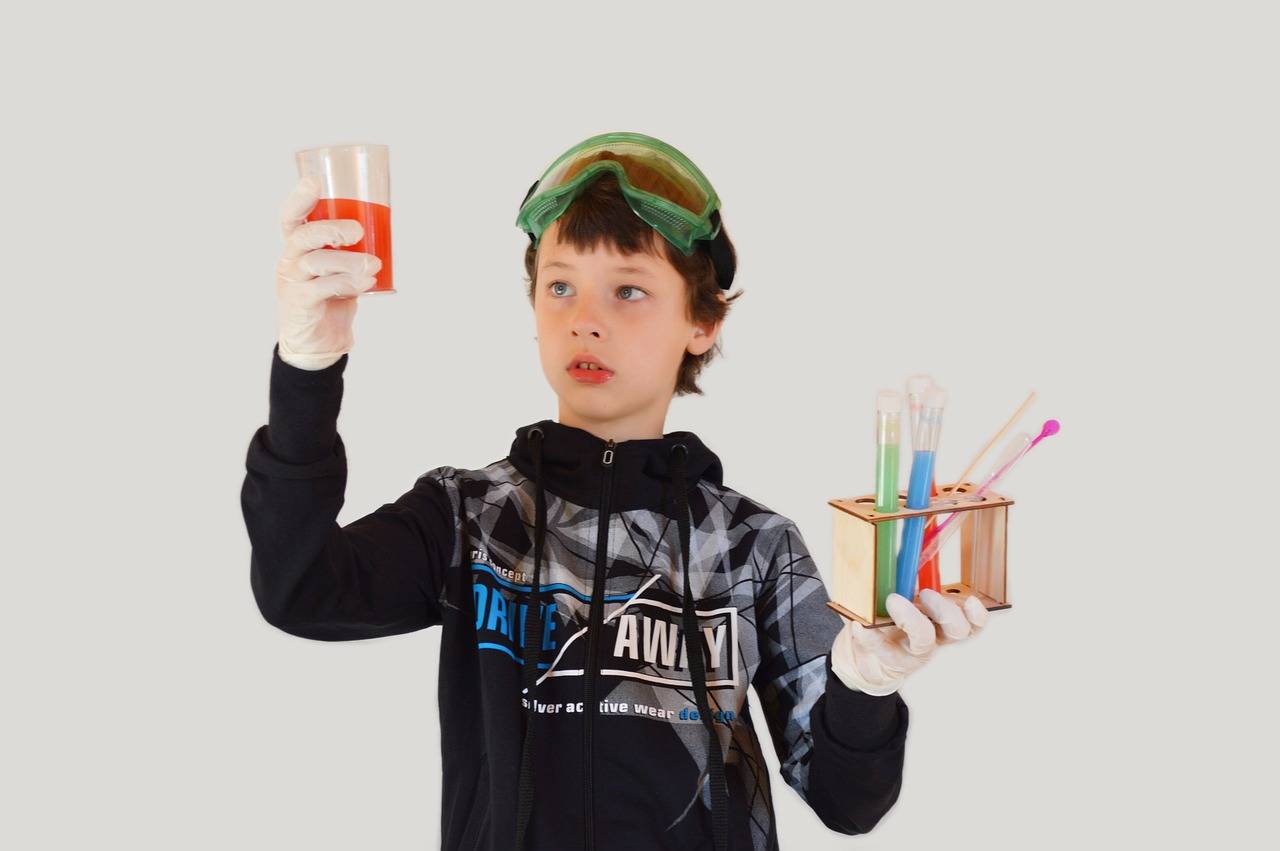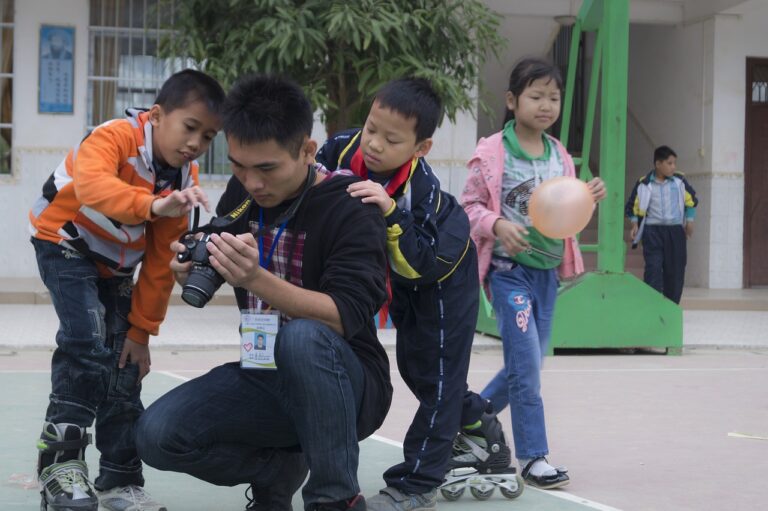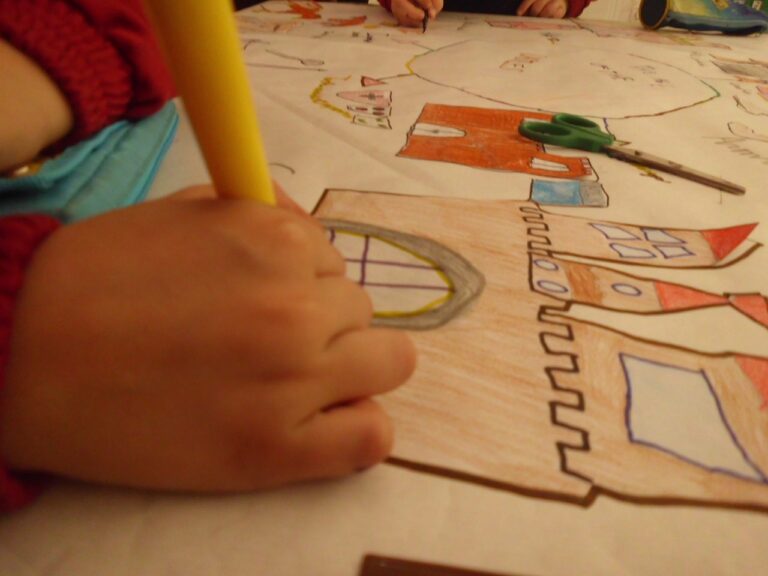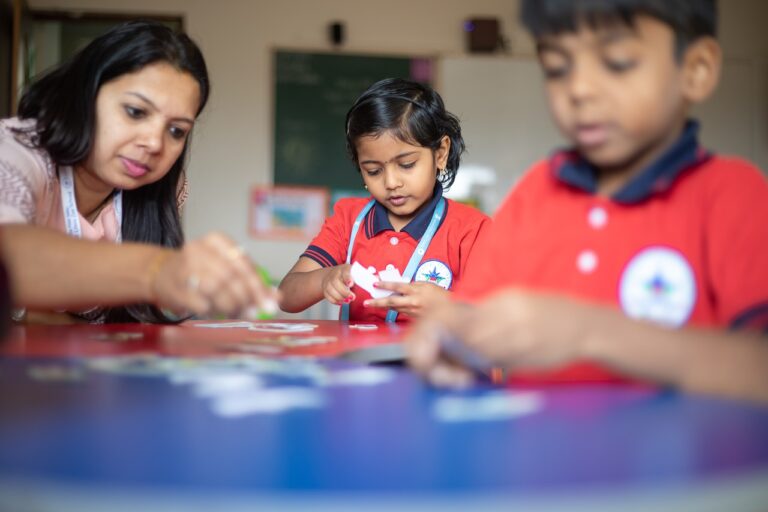The Role of Social Emotional Learning in Bullying Prevention
Social emotional learning (SEL) plays a crucial role in fostering empathy among students. By integrating SEL into educational curricula, students are provided with the necessary tools to understand and connect with the emotions of others. This helps in cultivating a sense of compassion and empathy towards their peers and community members. Through SEL, students learn to recognize and appreciate the perspectives of others, leading to more harmonious relationships and a supportive school environment.
Moreover, the development of empathy through SEL also contributes to the overall well-being of students. When individuals are able to empathize with others, they are better equipped to navigate conflicts and challenges in a constructive manner. This not only enhances their social interactions but also promotes a sense of belonging and inclusivity within the school setting. Ultimately, by prioritizing SEL in schools, educators can play a significant role in nurturing empathetic and emotionally intelligent individuals who are capable of making positive contributions to society.
Developing Emotional Regulation Skills in Students
Emotional regulation skills are crucial for students as they navigate the challenges of adolescence. Being able to identify and appropriately express their emotions allows students to cope effectively with stress and regulate their behavior in various situations. By developing these skills, students can enhance their overall well-being and academic performance.
Educators play a vital role in supporting students in building emotional regulation skills. Through modeling healthy ways of managing emotions and providing guidance on coping strategies, teachers can empower students to handle difficult emotions constructively. By fostering a safe and supportive learning environment, educators create opportunities for students to practice regulating their emotions and develop resilience in the face of adversity.
Building Positive Relationships to Prevent Bullying
Bullying remains a significant issue in schools, affecting the well-being and academic success of students. Building positive relationships within the school community is crucial in preventing bullying behavior. When students feel connected and valued by their peers and teachers, they are less likely to engage in bullying acts or become targets of bullying themselves.
Creating a supportive environment where students feel safe to express themselves and show empathy towards others is essential. By fostering a culture of kindness and respect, schools can help develop students’ social and emotional skills, ultimately reducing the occurrence of bullying incidents. Encouraging collaboration and communication among students can further strengthen these positive relationships and contribute to a more inclusive and harmonious school environment.
How can social emotional learning help prevent bullying?
Social emotional learning can help prevent bullying by teaching students empathy, self-awareness, and relationship-building skills. These skills help students understand the impact of their actions on others and develop positive relationships with their peers.
What are some strategies for developing emotional regulation skills in students?
Some strategies for developing emotional regulation skills in students include teaching them mindfulness techniques, providing opportunities for them to practice self-control, and helping them identify and manage their emotions in healthy ways.
How can building positive relationships help prevent bullying?
Building positive relationships can help prevent bullying by creating a sense of belonging and connection among students. When students feel connected to their peers and teachers, they are less likely to engage in bullying behavior.
What role do parents and teachers play in preventing bullying?
Parents and teachers play a crucial role in preventing bullying by modeling respectful behavior, teaching empathy and social skills, and intervening when they see bullying behavior. By creating a supportive and inclusive environment, parents and teachers can help prevent bullying from occurring.






